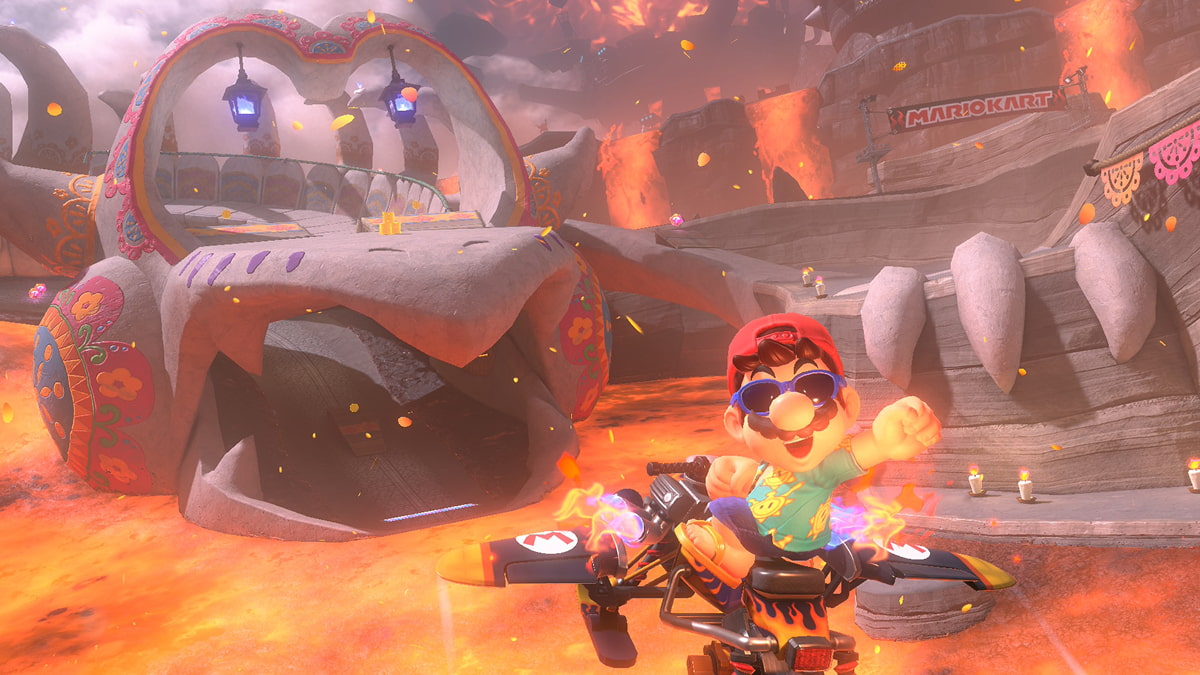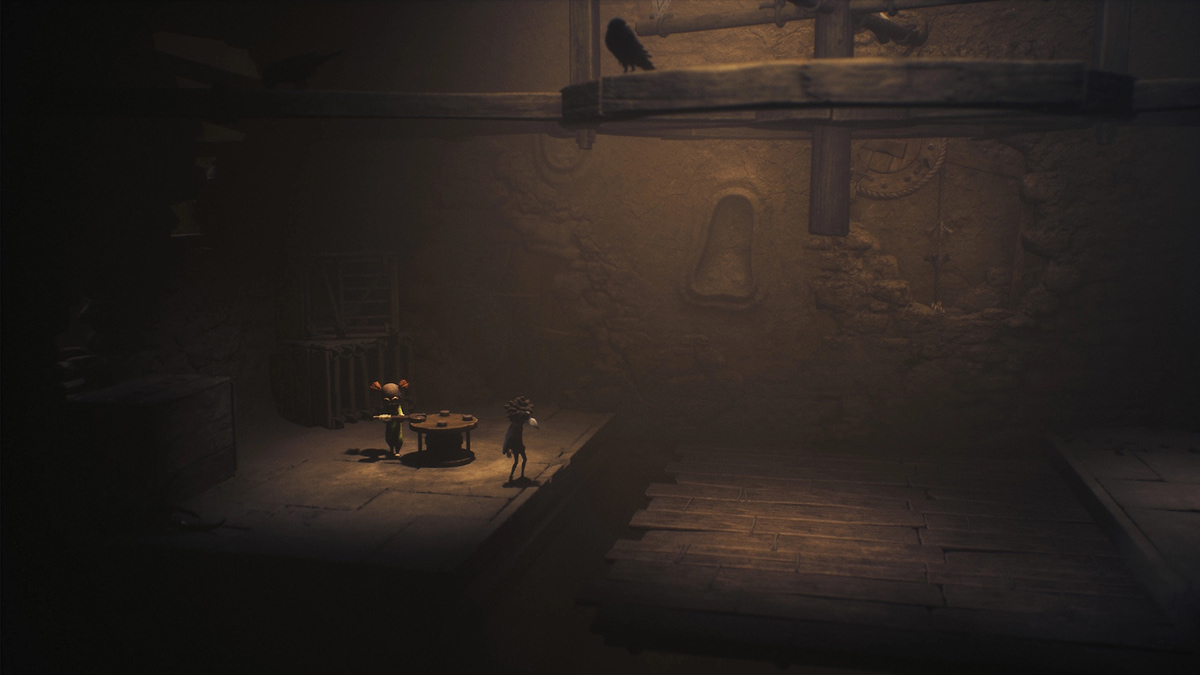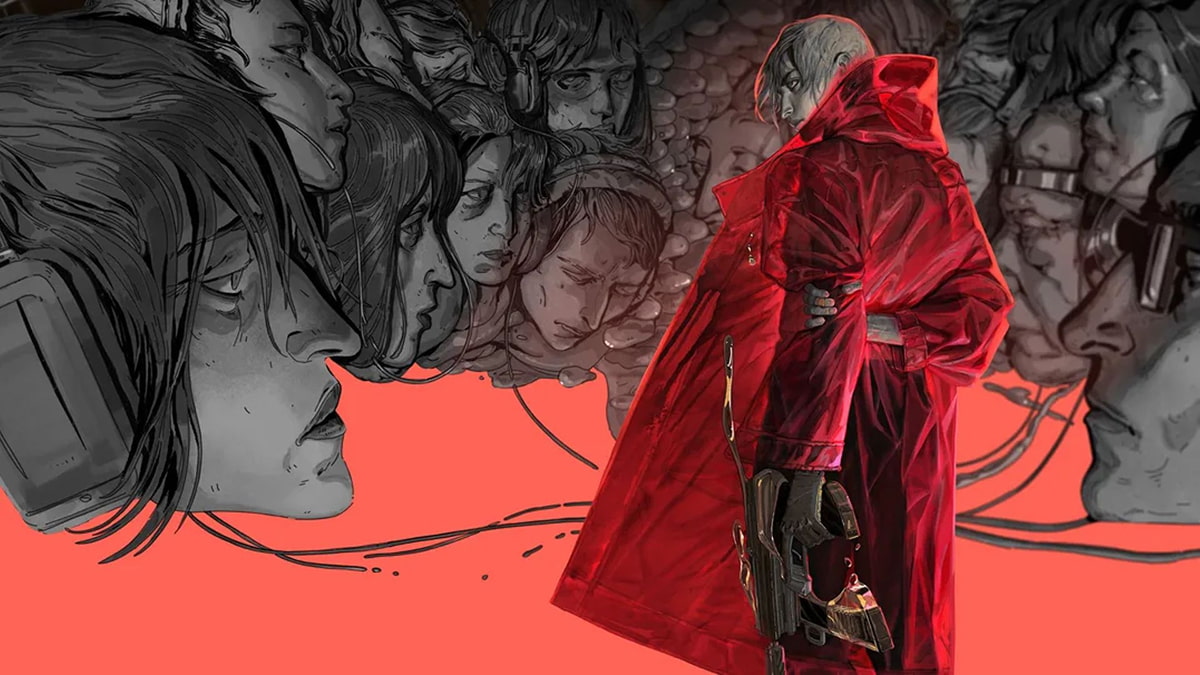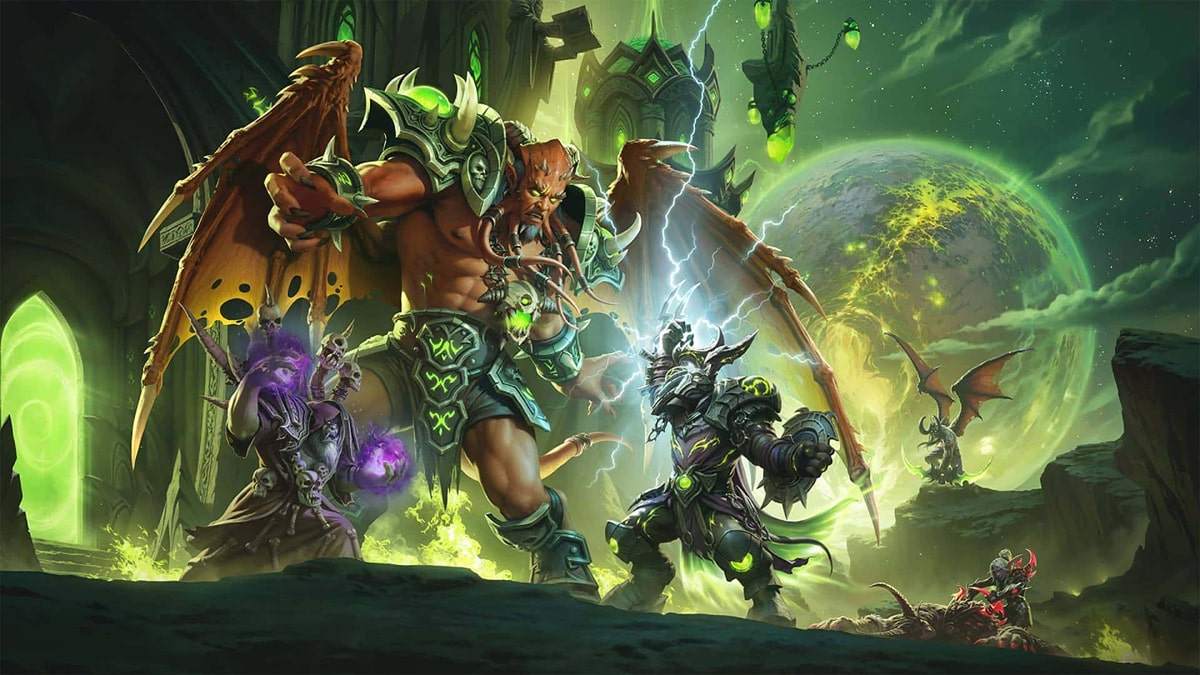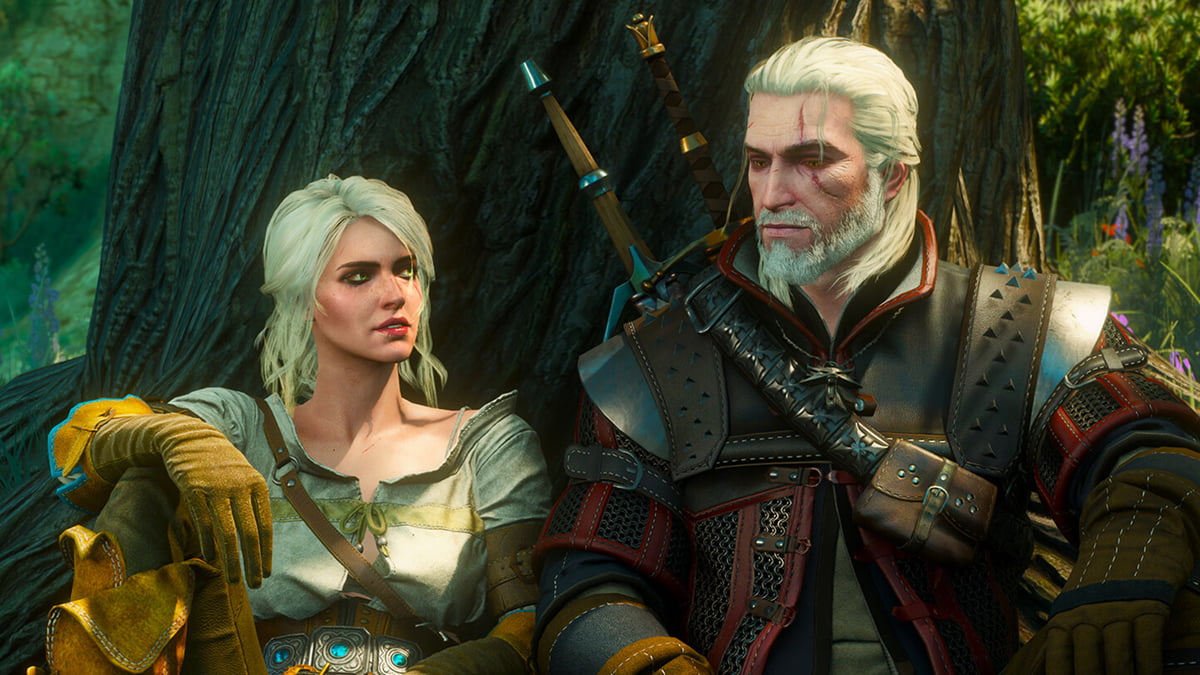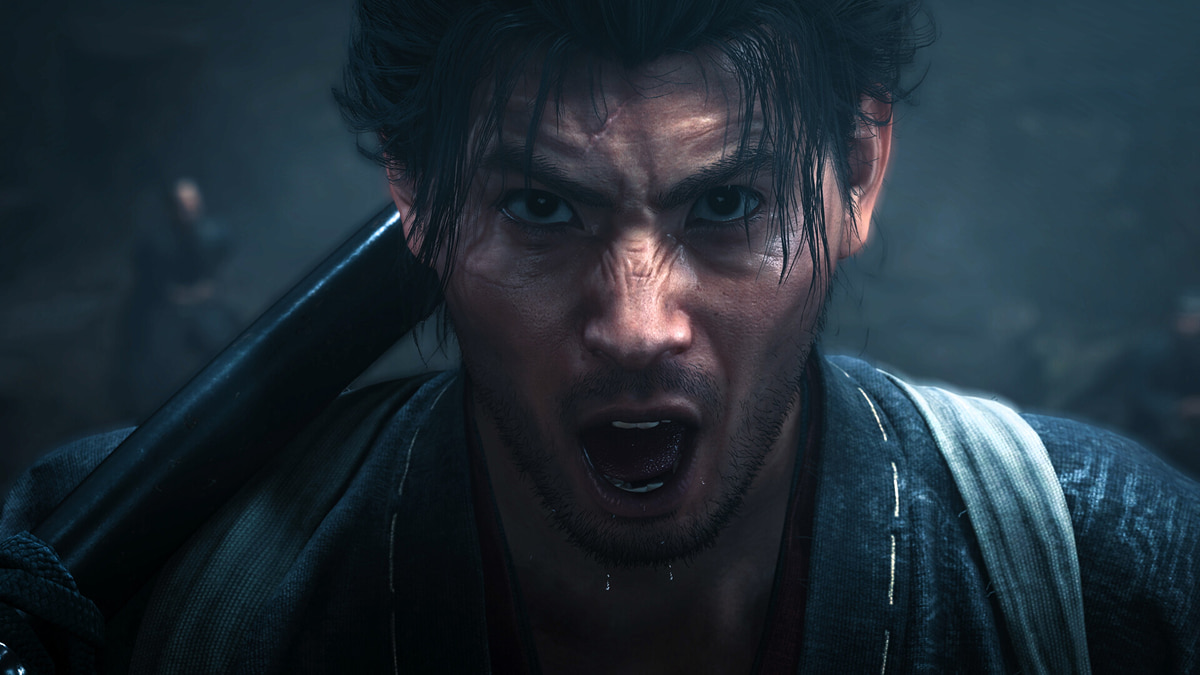You can trust VideoGamer. Our team of gaming experts spend hours testing and reviewing the latest games, to ensure you're reading the most comprehensive guide possible. Rest assured, all imagery and advice is unique and original. Check out how we test and review games here
Warning: Contains plot spoilers for pretty much all the Assassin’s Creed games
As weird as it is to start an opinion piece on a video game franchise by slating a TV show, I hated Lost. I bought into JJ Abrams’ mind-bending take on Castaway big time when it first aired. I even stuck with it for the entirety of the first season, but I rage-quit before the second series got underway.
The reason for this was, as much as I admired its strong writing, its barmy setting and its positively David Lynchian feel, I couldn’t shake the feeling that the screenwriters on Lost didn’t have an endgame in sight. It seemed to me that they were relying on the willingness of an audience to be led by intrigue alone for as long as possible before falling viewer numbers demanded they deliver a plot arch that something tangible.
Just for the record: before the end of the first season I serendipitously tuned into a radio talk show where they were discussing Lost’s first season and what it all meant, and an American ex-pat confirmed my worst fears.
“I totally get where your listeners are coming from,” she said. “I sympathise completely that UK viewers are confused about what’s going on in Lost. I live in the US, and we’re nearly done with season two, and we still don’t know what’s going on.”
At that point, I cast Lost into the proverbial rubbish skip. I can forgive a storyteller who doesn’t know where they’re taking their yarn from the outset, and I accept that the writing process isn’t an exact science. I know that sometimes a writer needs some time and space to work out where they’re taking the plot of their story, and depending on the medium they’re working in, this can take the form of a couple of dross TV show episodes, or some subpar comic book issues.
What I refuse to accept – what I viscerally reject – is the notion that its permissible for a writer to string their audience along indefinitely with the empty promise that there’s any form of denouement, catharsis or closure somewhere down the line. This, to me, is a false contract. At some point, as a writer, you have to render unto your audience something beyond empty platitudes. This is true for even the most esoteric of authors; readers who accuse the likes of Burroughs and Pynchon of not playing with a full deck should’ve done the research before they plonked down cash for one of their books.
This brings me to Assassin’s Creed, a series of games containing a narrative that I believe is beginning to err on the wrong side of the Lost with regards to its central plot.
Before my inbox explodes with hatemail from the AC faithful, allow me to make my position clear: I love Assassin’s Creed. I could expound at length about the aspects of the series that both explain why I own every major iteration of the series, and why I’ve pre-ordered both Assassin’s Creed III and Assassin’s Creed: Liberation – but I’ve got limited space here and a lot more to say. So just trust me when I tell you I have a statue of Ezio Auditore da Firenze on my mantelpiece next to a picture of my family, and there’s a reason for that. I’m also the only journalist I know who can type the name ‘Ezio Auditore da Firenze’ without having to look up the spelling for his name on Google, and there’s a reason for that too. And it’s not just because my wife would leave me for him if he were real. Bastard.
It’s also because Ezio Auditore da Firenze is one of the greatest characters ever created in the history of gaming. If you’ve never played an AC game, I can’t do much to convince you of what fans of this series know to be an irrefutable truth, save to say, play Assassin’s Creed II. If you aren’t interested in playing AC: Brotherhood after that and spending more time with Ezio, there’s clearly something wrong with you.
Over the course of Assassin’s Creed II, Brotherhood and Revelations, players can’t help but engage with Ezio as if he were a genuine human being. In II, we watch as his family are executed in a petty political power play, and we share in his rage and thirst for revenge. In Brotherhood we walk in emotional lockstep with him as he hunts down the source of corruption in Italy that led to his world being turned upside-down, and his remaining loved ones having to flee to safety. In Revelations he feels tired and battle-scarred, fulfilling his mission stoically and grasping at pockets of human companionship as befits a man who has lived his entire adult life as a killer.
Ezio is the current lynchpin of the AC franchise, which may explain why Ubisoft has done so much towards laying the groundwork for his successor, Connor Kenway – a grim-faced half-British/half-Native-American freedom fighter. Right now he seems a bit one-note compared to Ezio, but admittedly it’s early days yet. At any rate, he’s more interesting than the series’ original protagonist, Altair, who was only really distinguishable because he seemed to be the sole individual in the Medieval Middle East who had a 20th Century American accent. That having been said, in Revelations (and Bloodlines), players were offered a glimpse of Altair’s personal side, and while it didn’t set forums buzzing with fanfic, it certainly made Altair more compelling than in his original outing.
There’s just one small problem. Assassin’s Creed’s central plot isn’t about Altair, or Ezio, or Connor – or even Aveline, the female protagonist of the recently-announced AC: Liberation for the PS Vita. It’s about Desmond, a bartender from the 21st Century. Seriously.
And this is where I return to my original concern about writers stringing their audiences along. Recently, Ubisoft announced plans to wrap up the narrative involving Desmond, and quite frankly, that comes as no surprise. Over the last couple of entries in the AC series, while players have been thrilled by the exploits of Ezio and intrigued by the revelations in Altair’s story, the central plot with Desmond has been allowed to stagnate, to the point that it’s difficult to surmise that the game’s writers had any clear direction for the character.
To be honest, the plot involving Desmond has been pretty uninteresting from the get-go. By the end of the first game we knew no more about him than we did at its outset. In Assassin’s Creed II and Brotherhood he was involved in some platforming levels, which were admittedly quite fun, but aside from the confusing death of one of the story’s supporting characters, there wasn’t much to get excited about. Assassin’s Creed: Revelations was the absolute nadir for this narrative strand; players were forced into playing a rubbish first-person platform game while Desmond droned at length about his life. Surprisingly, for a man who was raised by assassins and then hunted by Templars, Desmond made his existence sound about as interesting as watching paint dry.
Now, this would have been fine if Desmond were some tangential character who players aren’t meant to care much about – which, let’s face it, is what the writers have allowed him to become over the last four games. But he wasn’t. At the time his narrative strand completely fell apart, he was the character who powered the entire series. His battle with the Templars and his quest in the Animus to find the pieces of Eden were meant intrigue and enthral players. The problem is, because the plot involving him had become so unfocused, and because it had moved at such a glacial pace, players were hard-pressed to care about it at all.
Now that news has arrived that Desmond’s story is about to be junked completely, his inclusion in the AC universe looks more like a mechanical concern rather than one that deals with the overall story. Looking back, it feels like both Desmond and the Animus were only ever created so the developers would have a convenient excuse to jump the action in their games between different time periods. If this was the case, then Desmond is the most superfluous character in all of gaming. Players are a loyal bunch; if you entertain them, they’re more than prepared to follow a developer who wants to change the setting and evolve the mechanics of their IP while keeping a recognisable brand name stamped on the box. Just ask Ken Levine.
There’s another reason the developers may have decided to cut Desmond out of the AC universe, other than the fact that his narrative strand has become so lousy and plodding. This may not be the case, but as a long time fan, I’m beginning to come around to the idea that Ubisoft never had an endgame in sight for his story. What they do have, however, is a desire to see up to 10 Assassin’s games roll off their assembly line, and they know that if any sort of closure occurs in the Creed universe, their franchise is dead.
As things currently stand, without Desmond to power the Animus there will be no more trips to the past that involve playing with antique weaponry and leaping into bales of hay. The only way out for Ubisoft is to get rid of Desmond and introduce a new character, meaning fans will have to invest in a new lead – the fact that Assassin’s Creed: Liberation is slated to have a female protagonist may provide some inkling as to who this replacement will be. Still, some chronic rewriting of the franchise’s lore is necessary, as Desmond has been presented from day one as a confluence of important bloodlines. As such, his exit will require some explanation.
But if, as players, our investment in the story of Assassin’s Creed is to be rewarded by something other than a gigantic slap in the face, at some point, the writers on the Assassin’s Creed franchise are going to have to serve up an engrossing conclusion to Desmond’s story. And while it may sound presumptuous of me to say so, I feel it’s something they owe us. What I expect, what I want
as a paying customer and fan of this series, is for Desmond’s exit to give me some shred of evidence that the writers on Assassin’s Creed have always had some sort of clear path for the his story to follow.
What’s more, if Ubisoft are planning to introduce a new character to power the Animus in the future, they may wish to ensure that the plot surrounding them is better written and less convoluted than Desmond’s has been. I’m not saying that if they fail in this that I or any other Assassin’s Creed fans will walk away from the series. However, I do think that if the writers don’t have a decent idea about where they’re taking the story set in the future – and evidence so far suggests this – they’re better off doing away with it altogether, and sticking to the narratives set in the past.
Oh, and if they could call time on greeting players who sink around 15 to 20 hours into their games with a cliffhanger ending in every single entry in their series, that’d be nice too.
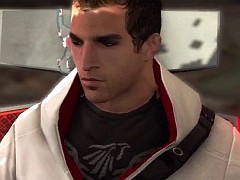
/https://oimg.videogamer.com/images/d0b4/assassins_creed_64.jpg)
/https://oimg.videogamer.com/images/ef14/assassins_creed_brotherhood_25.jpg)
/https://oimg.videogamer.com/images/c2fd/assassins_creed_iii_7.jpg)

